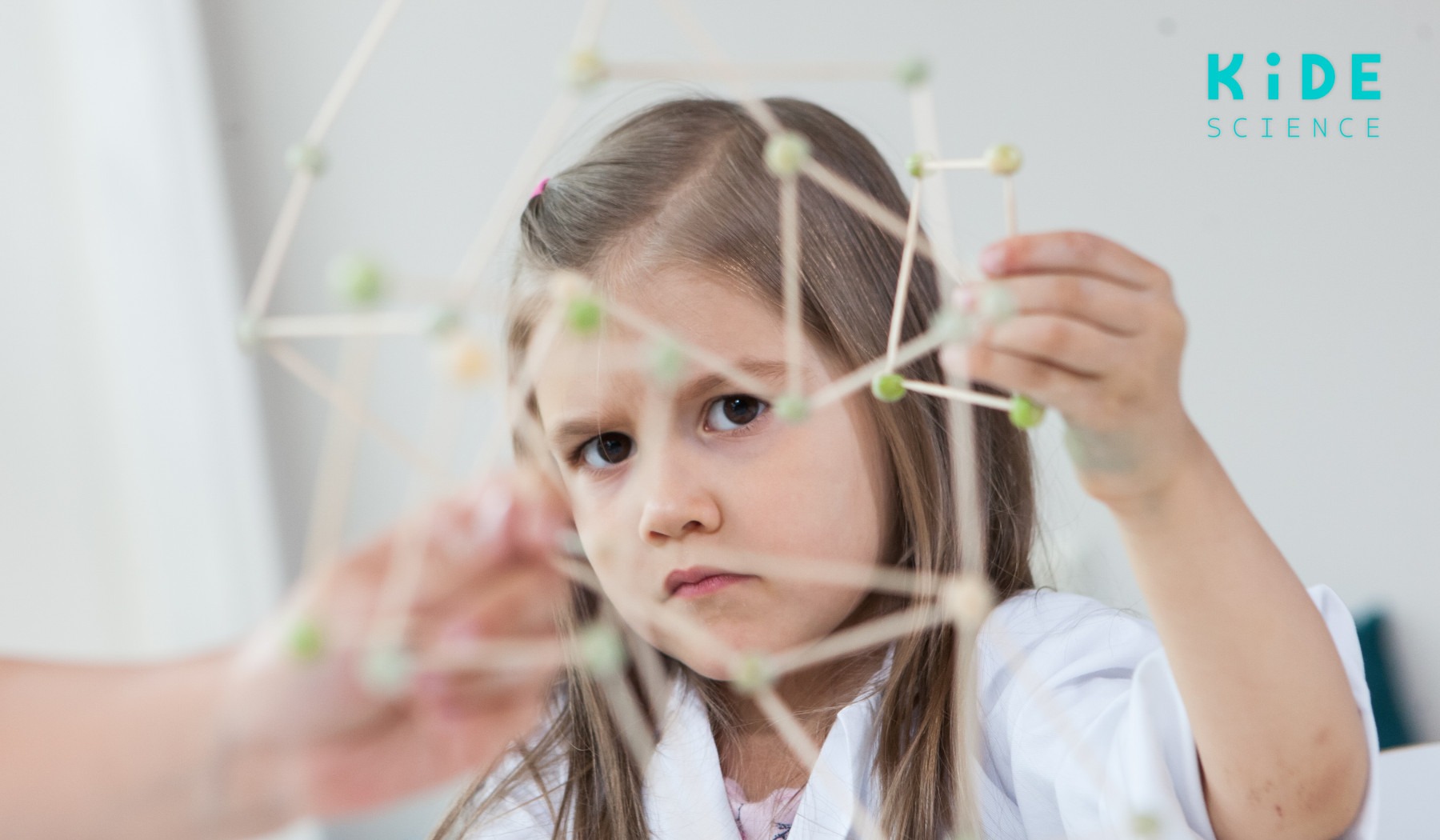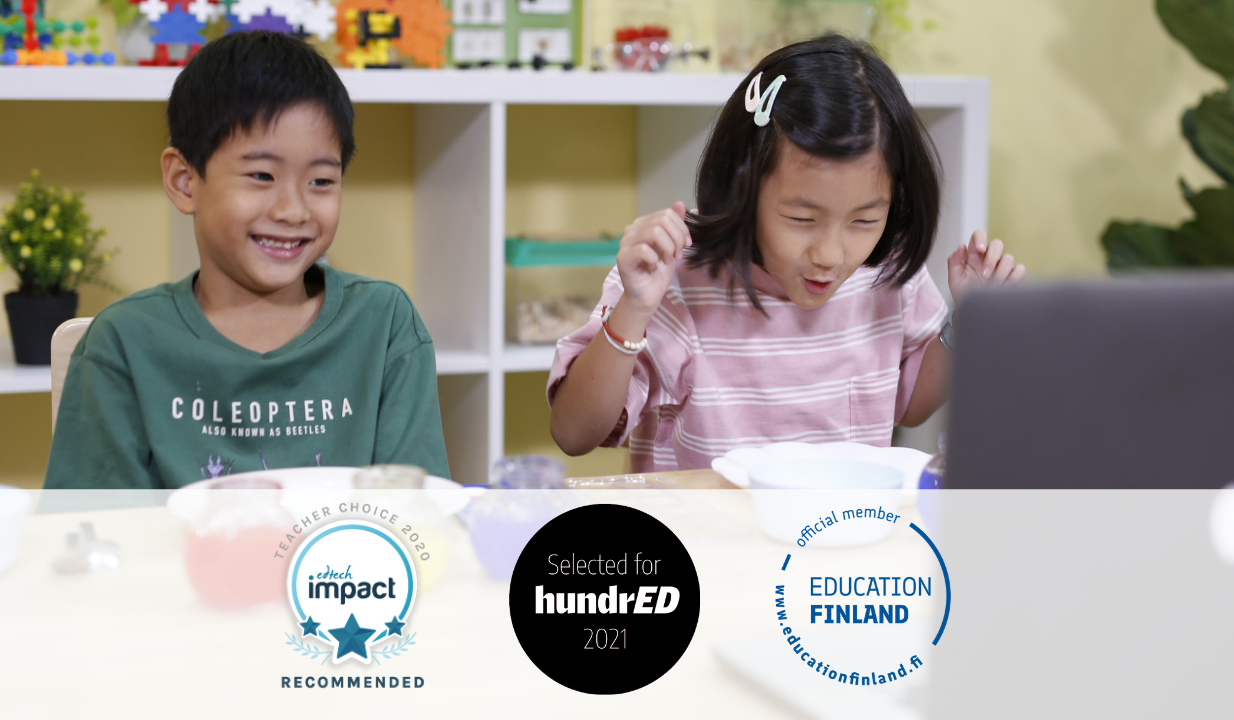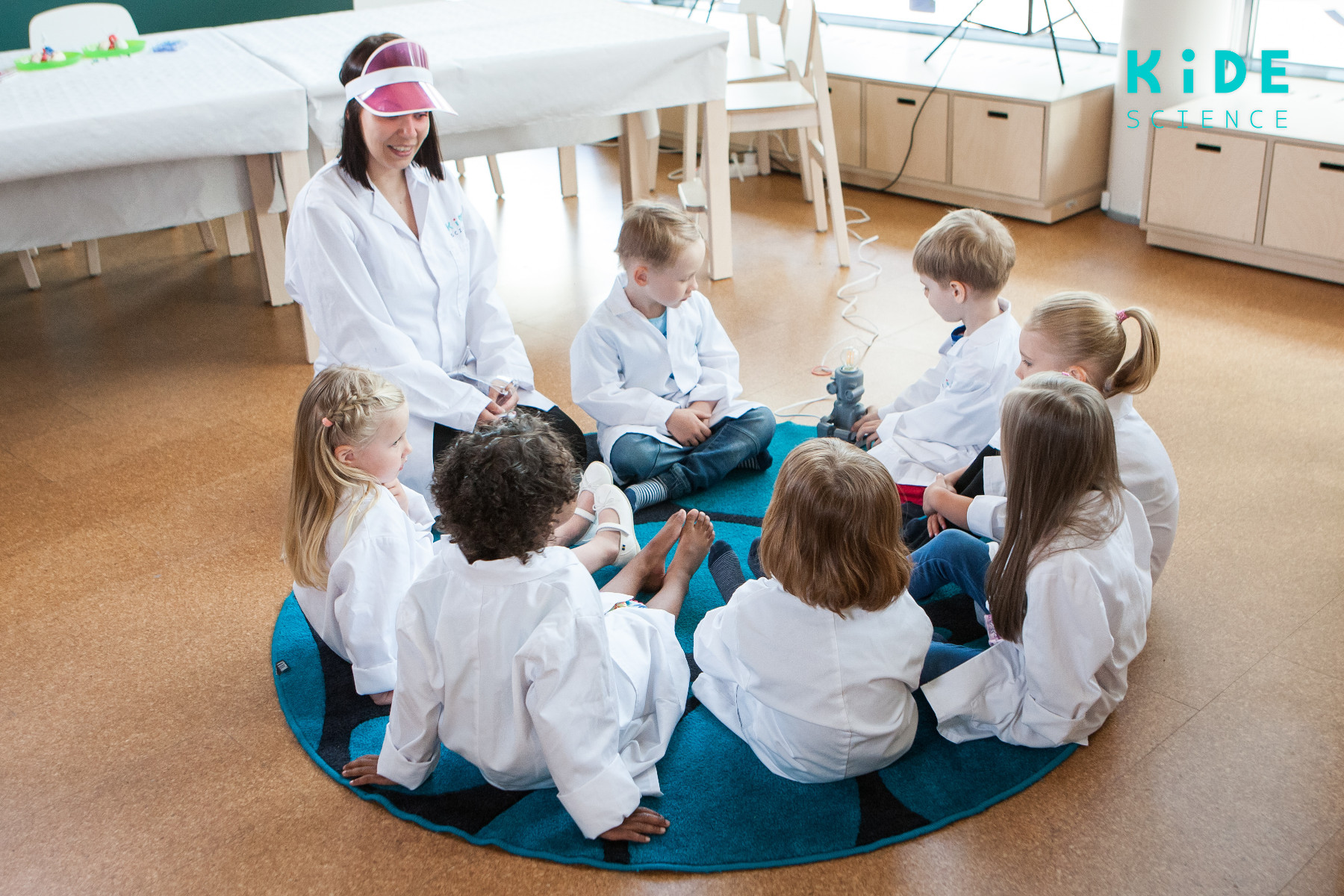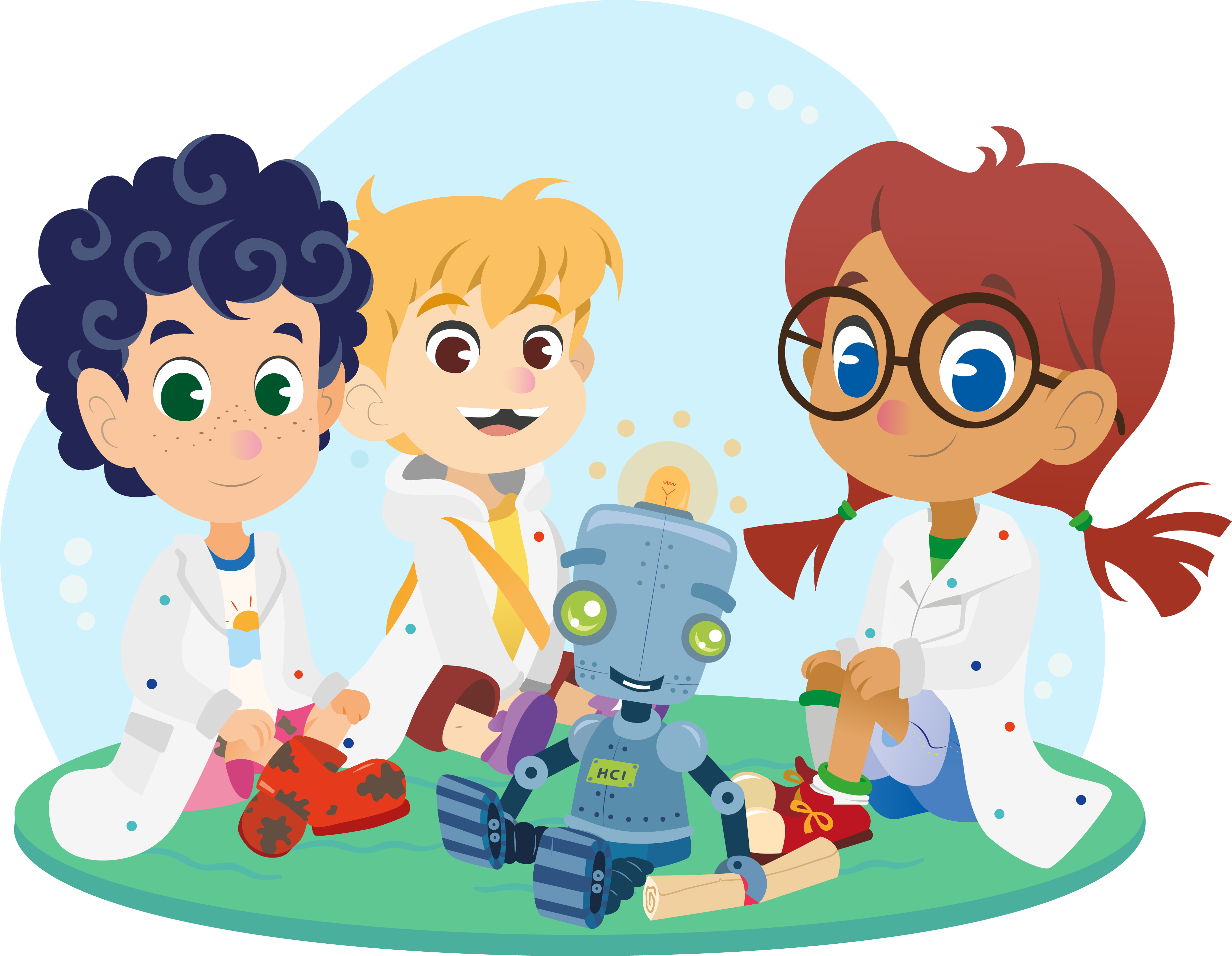How to Measure STEAM Skill Growth in Young Scientists
Observing and communicating skill growth can be hard, but it doesn't *need* to be hard. Find out how to make the process a little easier.

How can I be sure that children have learned how to make an observation if they can’t or won’t verbalize it?
We need to create the space for children to share their observations, and it shouldn’t be done only at the end of the activity.
Let’s start with the basics.
If you’re asking this question, you’re interested in assessing skill growth in your classroom. That’s a great start, and play-based learning absolutely does not mean that you should not assess skill growth.
It also seems like you’re not sure that what you’re teaching is having the intended effect. At the very least, you’re not sure how to make sure that other people (ex. administrators, parents) know that the children are learning.
This is why fact-based learning is so easy to grasp. You can teach facts, and see how many facts a student remembers over time with a traditional test. It doesn’t yield good results, but it does yield clear results.
But skill-based learning can yield clear results, too. And, it can do so in a way that’s more beneficial for your students.
It seems reasonable to assume that if a child has made an observation, that they’ll communicate it in some way. This isn't true, though.
We need to create the space for children to share their observations, and it shouldn’t be done only at the end of the activity.
Basing your assessment of how a child has learned on their summary after the activity is no different than doing so via a test -- it’s one way to do it, but it’s not the only, or even the best way. It’s a limited way.
We recommend creating opportunities for communication and prediction within the activity.
Asking while the students are in the middle of play can help them communicate observations with less pressure.
Let’s use an example.
Say we’ve created an experiment with different colored ice cubes made with food coloring.
Rather than wait until the end of the activity to get the little scientist’s feedback, we can facilitate communication by asking them questions as they go.
“How does the ice feel in your hands?”
“What will happen to the colors when the ice cubes melt?”
“What color will the water become when the ice cubes are melted?”
And so on. It’s true, even in adults, that our memories are faulty and we often don’t remember what we were thinking at a given time. This is part of why journaling is so popular! We don't always remember what we think, and some people (children and adults alike) just won't want to speak up in front of a group.
Asking while the students are in the middle of play can help them communicate observations with less pressure.
Further, this creates a shared aim of learning, which can help students focus their attention on a given phenomenon or topic, and get the most out of the situation. Simply by asking the question, you can help the students understand what they should be observing and thinking about.
Instead of relying on a verbalized result, we invite teachers to make their own observations of student’s learning in the thick of the activity. Through your own observations, you can evaluate not only your students, but yourself!
-
-
-
Did I create opportunities for these interactions?
-
Did I ask questions?
-
Did I give a chance for the children to demonstrate what they learned one way or another?
-
-
It takes time and patience to be able to make skilled, systematic observations for both students and yourself, but with practice, you can improve both.
For a pedagogical management solution, we have had great experiences with Kindiedays, and several of our customers use it to track their progress through their learning objectives. This isn't an affiliate link, we just really like them. 🙂
Let's Teach Some Science
Introduce play-based learning to your classroom with our free teacher training and 20+ experiments you can do in your classroom, today. 
Related articles
Teaching STEAM subjects remotely doesn't have to go terribly. Here are a few tips to help your...
To have a structure and routines that are always remaining the same will help the child to...
Our pedagogy might not be what parents are used to. Here's how you can explain teaching concepts...


